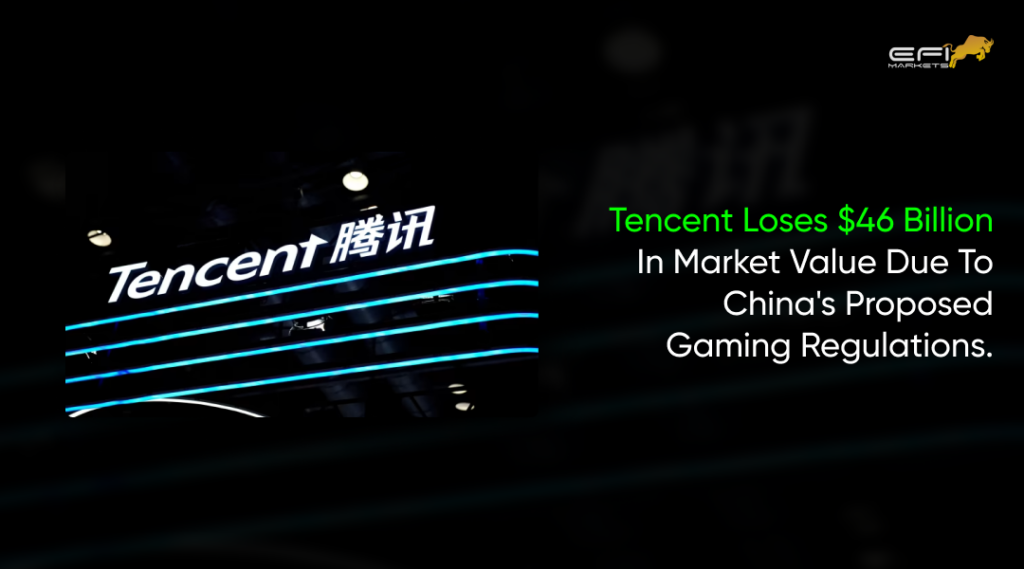
China recently introduced a draft regulation aimed at reining in the video gaming industry, leading to a substantial decline in the shares of major gaming companies based in the country. Tencent Holdings, China’s largest gaming company, witnessed a staggering $46 billion reduction in its market capitalization as a direct consequence of the proposed regulations. The draft rules, issued by the National Press and Publication Administration, China’s gaming regulator, outline measures requiring online games to implement limits on user account recharges. Additionally, the regulations advocate for the use of pop-up alerts to caution users about ‘irrational spending.’
The National Press and Publication Administration released a statement emphasizing the goal of the draft regulation—to bolster industry standard management and foster high-quality and sustainable development. The document, titled ‘Online Game Management Measures,’ is currently open for public opinion. One key aspect of the proposed rules is the requirement for developers to restrict the amount of money players can spend within the game. The regulations also target common gaming incentives, proposing a ban on practices such as daily sign-in rewards and substantial tips to game streamers.
This move by China follows previous restrictions imposed in 2021, where Beijing limited online gaming for individuals under the age of 18 to one hour on designated days. As the world’s largest gaming market, China holds a significant influence over the gaming industry, with Tencent being a global leader in terms of revenue. In response to the draft regulation, Tencent Games’ vice president, Vigo Zhang, expressed the company’s commitment to strictly implementing any new regulatory requirements. The impact of the regulatory development was not confined to Tencent, as another major Chinese gaming company, NetEase, experienced a more than 24% decline in its shares. Additionally, Dutch tech investor Prosus saw a substantial loss of over 14% in its shares. The repercussions of China’s gaming regulations extend beyond the borders, affecting both domestic and international stakeholders in the gaming industry.
